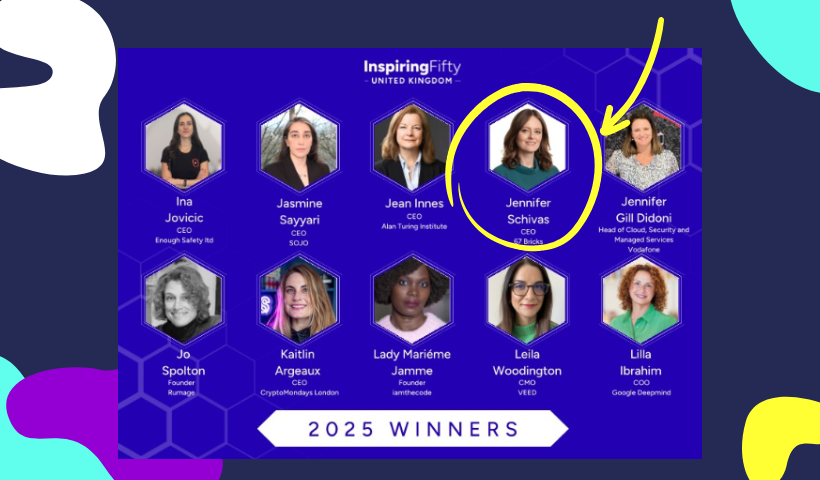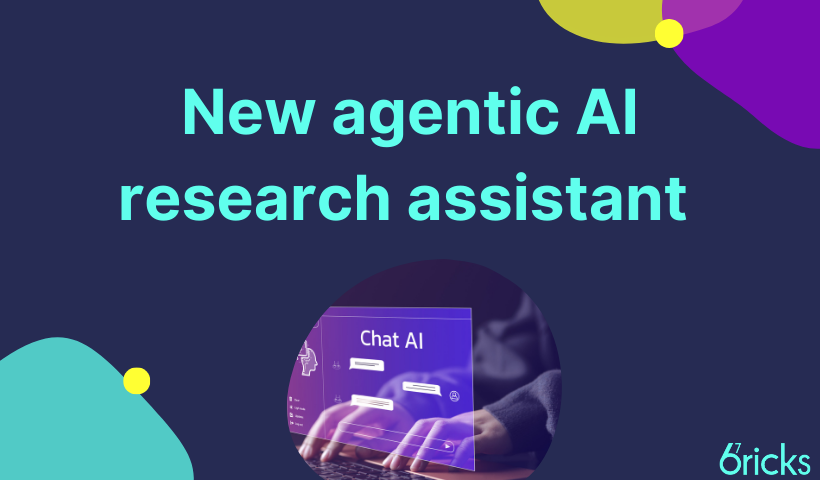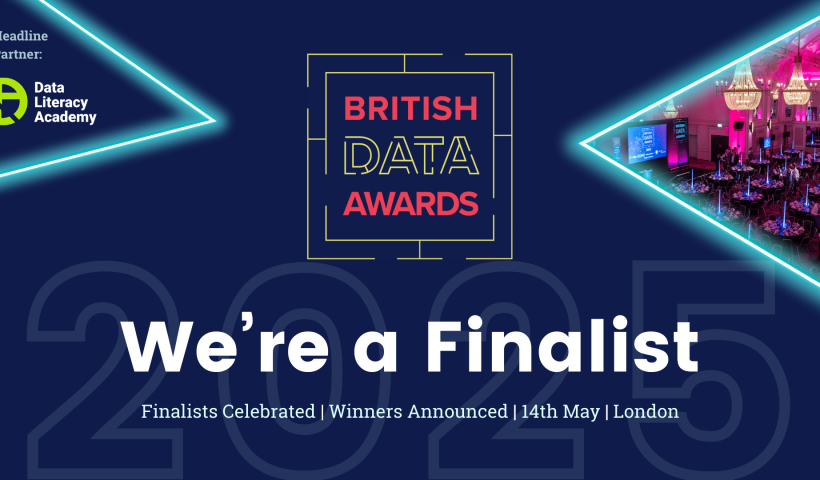Hi Rachael – welcome to 67 Bricks! What are your first impressions so far? How have your first two weeks been?
Thank you! It has been great to get started at 67 Bricks and I’ve had a good first two weeks. There’s lots to learn when joining a new organisation, but people have been generous with their time and patience answering my questions and showing me the ropes. First impressions? The organisation doesn’t want to stand still and is thinking carefully about how it evolves, very much in common with the types of clients it wants to support.
Tell us a bit about yourself – where have you come from and what were you doing there?
Before moving to 67 Bricks I’d worked at Crossref for just under 12 years. I had a number of roles there, but most recently I was Director of Product. This involved working with Crossref’s global community – institutions, publishers, researchers, funders, metadata users and more – to inform the product strategy and help coordinate and prioritise technical product work across the organisation.
What drew you to join 67 Bricks and become an Engagement Lead?
I’d heard good things about 67 Bricks from others in the scholarly publishing industry (that’s my background) and seen the work they’d done with their partners, especially in blending high-value content with data. There are really rich veins of information to be mined and integrated at lots of different types of organisations to help inform everything from organisational strategy to day-to-day processes.
In terms of culture, the focus on relationships – working collaboratively with the people behind the products and technologies – really appealed to the Engagement Lead role, and that approach continues to come across strongly when talking with the team here.
You’ve plenty of experience in managing technology products – do you have any advice for someone starting that role today?
In hindsight, the advice I’d have given myself a few years ago would have been to resist getting overwhelmed or sidetracked by terminology and methodology, there’s a lot of it. Managing technology projects and products work best when it’s supported by a relationship between smart people, the approach is flexible, there is good communication and the end goal is front-and-centre. That piece about the end goal sounds obvious, but it’s easy for that to slip into long-term, more transformational projects.
Oh, and if you get stuck, ask a colleague for help! Even a quick chat can really help clarify things or generate new ideas.
How do you think the role of product managers has changed in the last ten years?
I think there is a bigger range of types of product roles than there was ten years ago – with different levels of focus, depths of technical expertise, extent of community engagement etc. That’s a good thing as there are lots of folks with great product skills and opportunities for them to find roles where they have the most chance of success.
What engagements are you most looking forward to working on at 67 Bricks?
I’d say engagements where I can collaborate with others to learn something new, which seems like a common theme for others in the organisation. I enjoy learning new technologies or approaches to solve problems, but I also like working with people to solve problems where the technology isn’t the sole solution, maybe it’s structure, consolidation or finding efficiencies. In my first week, everyone at 67 Bricks has been keen to stress that every engagement is different, so I think it will take a few to have a favourite flavour or mix.
Coming from Crossref, which has deep links across information publishing, what are the key things you see publishers need to be aware of?
Crossref was established to make connections between scholarly content being published online, predominantly in the form of citation-linking. Over time, this evolved to finding information from across the ecosystem to expose who funded a work, who wrote it, how it can be used, whether has it been updated since publication etc. Those connections are such a valuable source of information to spot things like research trends, funder areas of focus, track the adoption of open access and identify potential integrity issues. Comprehensive, structured data is key to being able to do this and I saw a lot of publishers really invest in providing that for those reasons.
With increasingly sophisticated and customisable LLMs there’s a chance to do even more with that data, at all sizes of publishers and across other industries. This feels like a real opportunity to experiment with how organisations can create more value from already valuable content, and there are an increasing number of products and services that are trialling this to see what it can do for them and their communities.
Anything else you’d like to add?
Just that I’m keen to get going and to say thanks to everyone who has let me ask them lots of questions so far, I’ll definitely have more!


